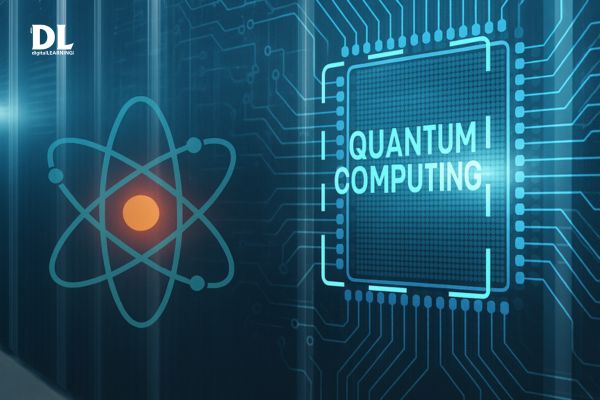
The Andhra Pradesh State Council of Higher Education (APSCHE) has initiated a comprehensive curriculum framework focused on Quantum Computing, Quantum Technologies, and Artificial Intelligence (AI). This bold initiative is aligned with the National Education Policy (NEP) 2020 and AICTE’s evolving academic guidelines, with the broader vision of establishing Andhra Pradesh as a national hub for tech-led education and innovation.
The newly constituted expert committee, headed by Dr. JBV Reddy—who also leads the Quantum Technology Cell at the Department of Science and Technology (DST)—convened its inaugural session under the leadership of APSCHE Chairman Prof. K Madhu Murthy. Prof. Murthy highlighted the critical importance of India’s National Quantum Mission and articulated an ambitious goal of transforming Amaravati into a ‘Quantum Valley’, modeled after global tech innovation clusters.
As part of its initial roadmap, the committee approved the launch of specialized minor degree programs:
- An 18-credit minor in Quantum Technologies for engineering students
- An 18-credit minor in AI, open to both engineering and non-engineering students
- A 16-credit minor in Quantum Technologies for students from general disciplines
To ensure effective course delivery, APSCHE will launch Faculty Development Programmes (FDPs) aimed at training over 500 educators from Physics, Electronics, Mathematics, and Computer Science departments. These will be supported by key collaborators including DST, Tata Consultancy Services (TCS), and IBM.
A proposal to set up dedicated Quantum Labs across major institutions such as Andhra University, JNTU-Kakinada, Acharya Nagarjuna University, Sri Venkateswara University, JNTU-Ananthapur, and RGUKT received strong backing.
Also Read: iSchool acquires SEEDS to fuel AI-driven education expansion across Saudi Arabia
Further strengthening its ecosystem approach, APSCHE has proposed partnerships with IITs, IISERs, and leading tech companies to bolster academic research, facilitate startup incubation, and fuel innovation. Initiatives like student hackathons and boot camps are also on the horizon to stimulate active learning and real-world problem solving.
The meeting, coordinated by APSCHE Secretary TV Krishna Murthy, brought together eminent academicians, industry leaders, and research professionals to shape this vision into reality.




















